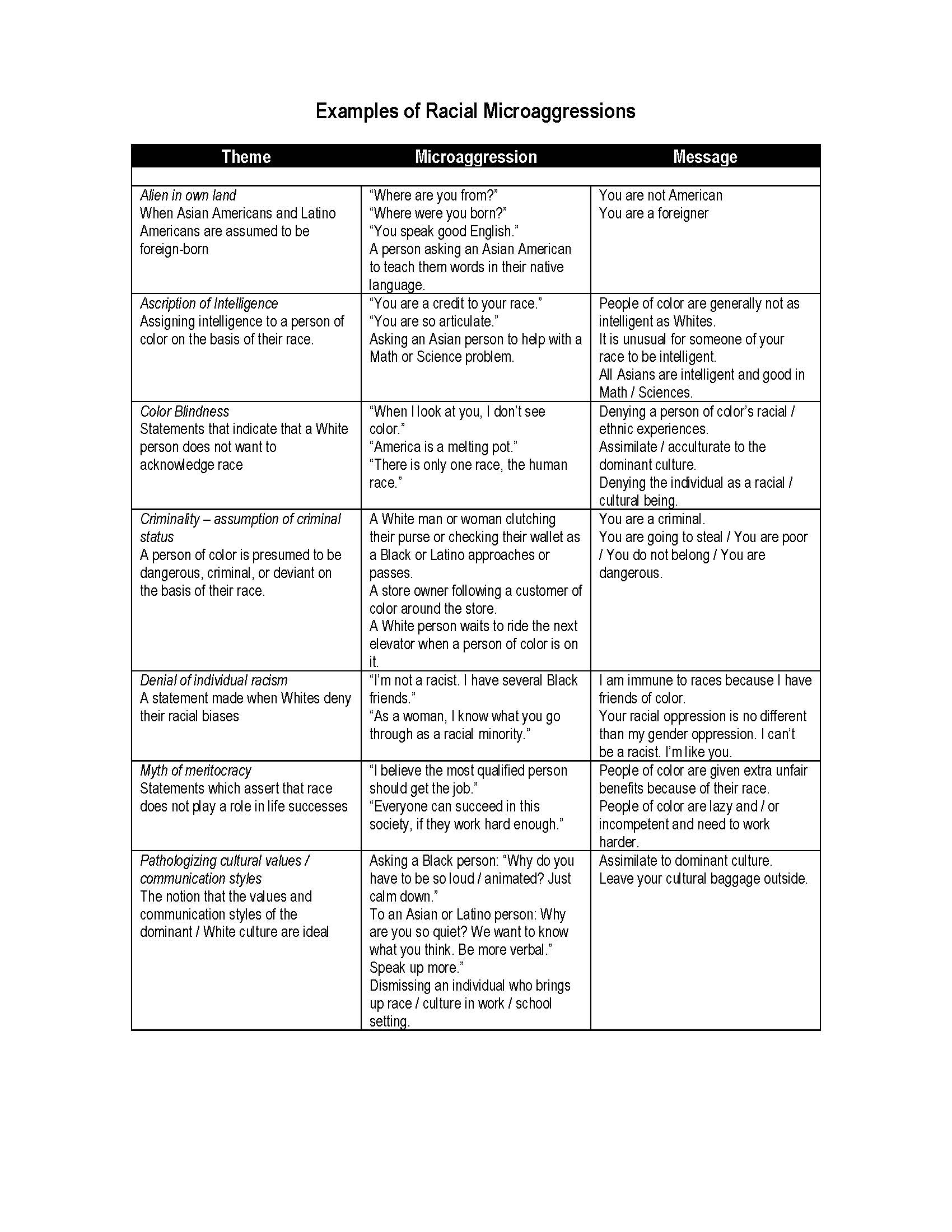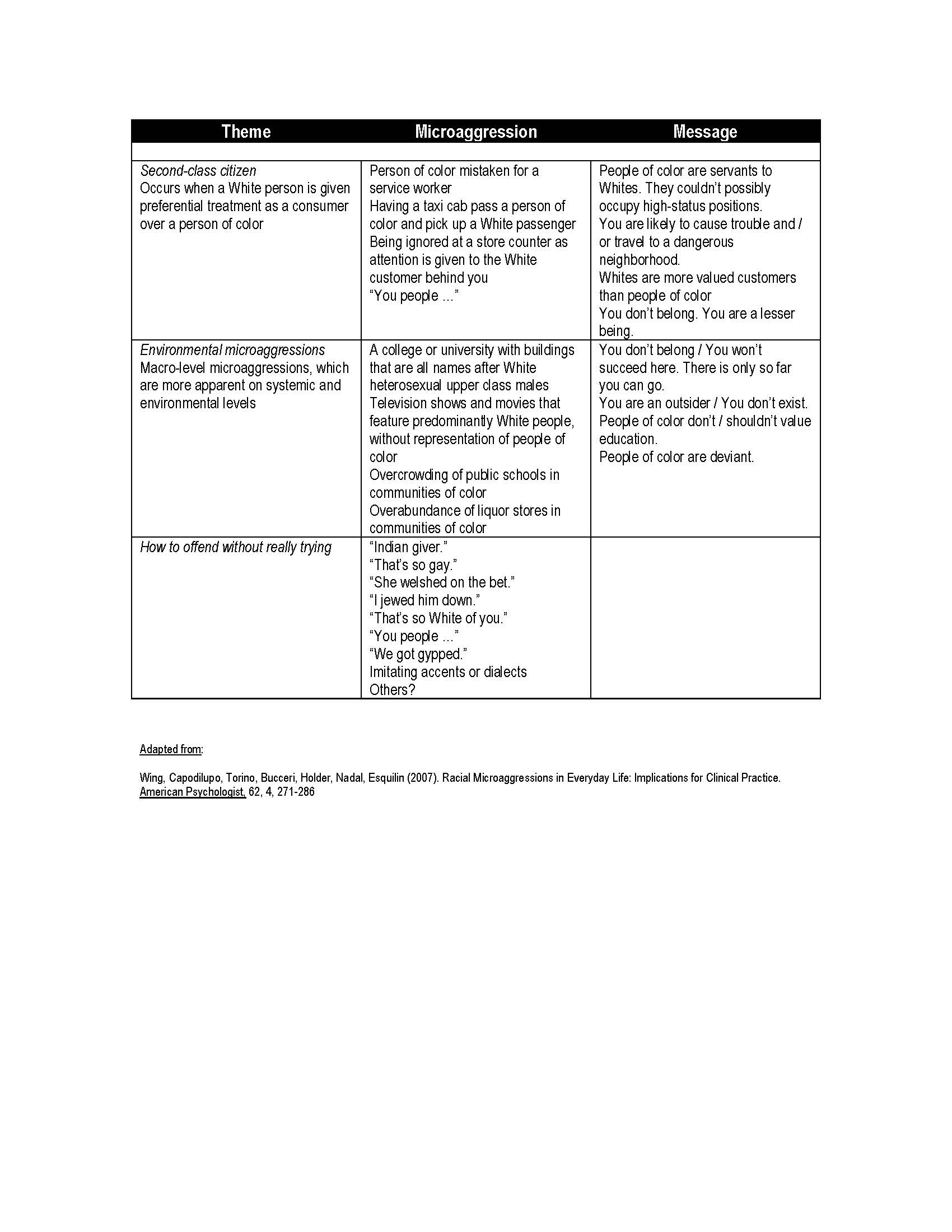Suppose your grandpa was playing monopoly with your black friend’s grandpa, but your grandpa would make all the moves and take all of your grandpa’s money for the whole game. Finally, the grandparents get tired and hand the game off to your father and your black friend’s father. This time, your father allows him to make moves, but only your father is allowed to buy hotels and places with expensive rent. At the end, they also give up and hand it onto you and your black friend. Both of you play fairly, but you already have so much so you end up winning. This is basically the economic history of African Americans. They were enslaved and received no money, then were only allowed certain privileges. Now, they are free to do what they want, but African Americans are still affected by past disadvantages (Collins, 2017). On top of this, many non-black people do not understand how slavery and past discrimination have present consequences. So this begs the question, how do we as a society work to bridge the gap and work to better understand what black people go through?
The first step is to understand what small things create discomfort for Black people and learn to correct those actions. Most of these things go under the idea of microaggressions. Have you held your belongings closer to your body when you’ve seen a black person? Have you asked to touch a black person’s hair? Have you touched it without asking? These things can be quite dehumanizing.
https://sph.umn.edu/site/docs/hewg/microaggressions.pdf


The above list shows a variety of microaggressions diverse people go through on a day to day basis and what message they portray. This is a great tool to use to assess the ways you might be unwittingly doing microaggressions.
Secondly, when talking about the income gap between black people and white people in America, the way we can support black people at the individual level would be to give back to black businesses. The app, “I Am Black Business” in the Apple and Play Store locates black businesses in your area. It’s personally helped me to find businesses to support. Online, there are many social media accounts that promote black businesses to buy from, such as @blackbusinessgoalz on Instagram. By doing this, we are investing money in black people, which allows for a better future for them and their kids.
Thirdly, speak up. When you see microaggressions or any behavior that is racist, politely tell people that what they are doing is wrong. Try to have conversations about race with different people. Listen more and educate yourself about topics and experiences you are unfamiliar with. Amplify black voices by implementing diverse media into your day to day social media world and reposting. The more the topic is discussed, the more change can occur from the bottom, up. Your voice matters in changing the world. As Andrews University says, “World Changers Made Here.” This is a step to change the world. The past year has seen a lot of change in terms of treatment of black people. Some police officers are being held accountable for the deaths of black lives such as George Floyd. Statues of those who enslaved African Americans were taken down. Juneteenth became recognized as a holiday. Multiple companies affirmed that fact that black lives matter, and celebrities and sports teams showed their support (Somvichian-Clausen, 2020). In this way, we can change the world slowly, as we take steps to become genuine allies to the black community. Let’s help create a more equal world.
Works Cited
Collins, W. J., & Wanamaker, M. H. (2017, May). African American Intergenerational Economic
Mobility Since 1880. Retrieved February 21, 2021,
from https://www.nber.org/system/files/working_papers/w23395/w23395.pdf
Examples of Racial Microaggressions. (n.d.). University of Minnesota. Retrieved February 22,
2021, from https://sph.umn.edu/site/docs/hewg/microaggressions.pdf
Somvichian-Clausen, A. (2020, November 1). What the 2020 Black Lives Matter protests have
achieved so far. The Hill. Retrieved February 23, 2021, from https://thehill.com/changing-america/respect/equality/502121-what-the-2020-black-lives-matter-protests-have-achieved-so
The Student Movement is the official student newspaper of Andrews University. Opinions expressed in the Student Movement are those of the authors and do not necessarily reflect the opinions of the editors, Andrews University or the Seventh-day Adventist church.

